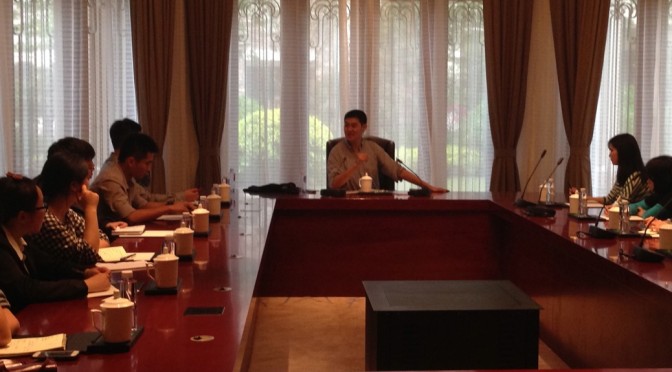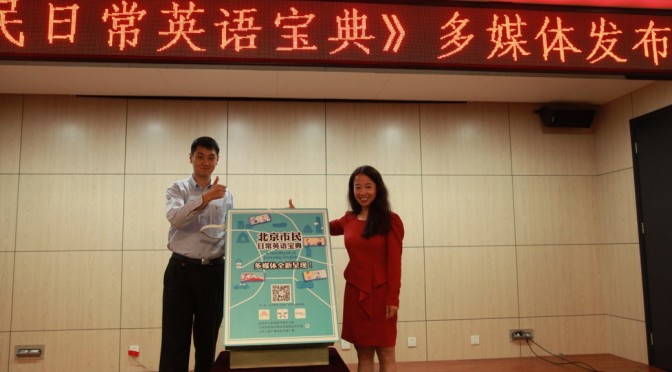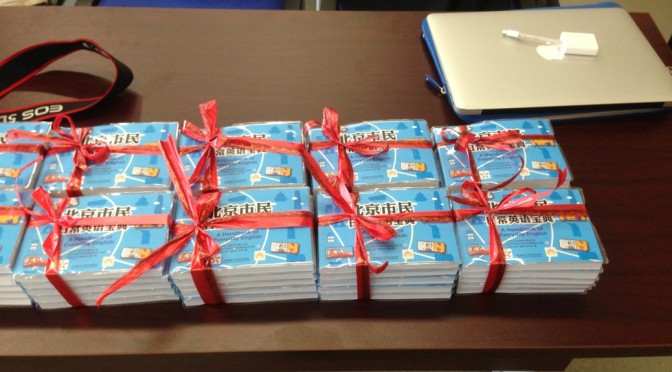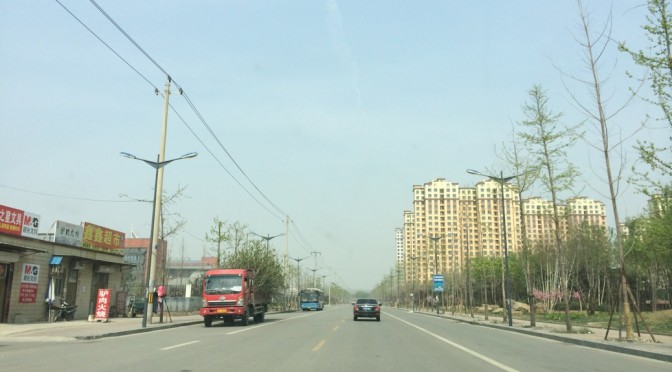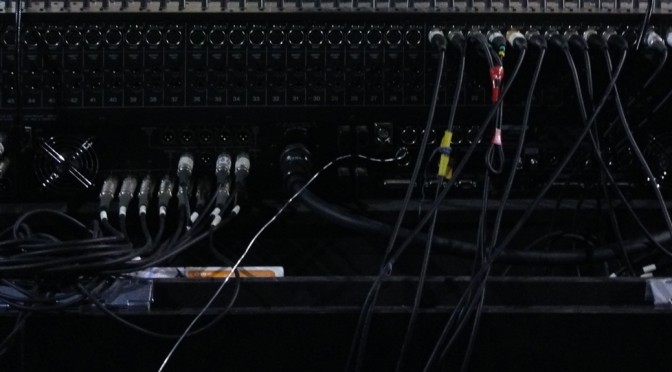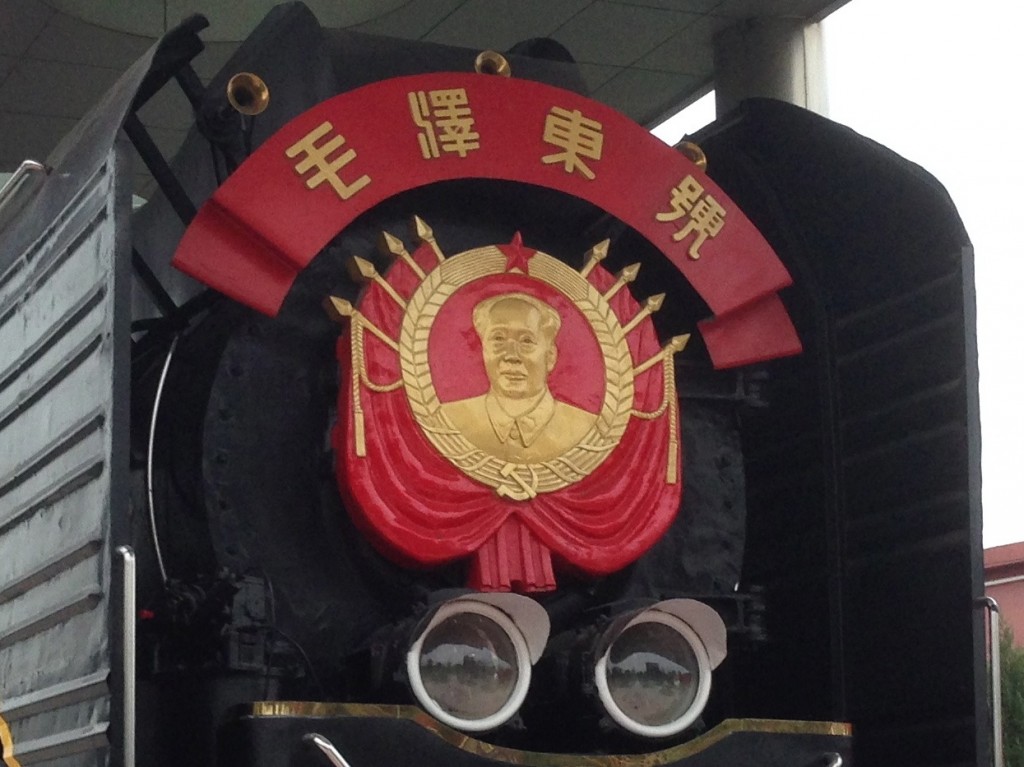There are a few things I still look up to when it comes to Switzerland, in spite of its vote of near self-destruction on 9 February 2014, when it slammed the doors on what was hyped as “over-immigration”. (In this case you were probably a little “less smart” to have signed the agreement in the first place, right?)
But one thing I look up to Switzerland is its national air carrier, Swiss International Air Lines, a company I still at times refer to as “Swissair” (which was what it was pre-2002). Swiss is famous for its quality of service, and this was “reinforced” during my recent passport renewal visit at the Swiss embassy (so in actual fact both the airline and the embassy were great). The biometrics machine did fail — it took nearly an hour for it to be done — but staff offered me a glass of water and some Swiss chocolate!
The Swiss doing Swiss (pardon the pun) are addicted to quality to extents you simply cannot imagine. Standard on all Swiss flights are the “good bye” chocolates, popularised by its new safety video. The font they have chosen is totally unique and was made in Switzerland — its use is refined, and it is one of the most legible fonts ever. Most importantly, the announcements are one of the very best in the world, from the safety video to those broadcast by living, breathing human beings. There are occasional announcements full of humour (“Ladies and gentlemen, in case you would still like to fly with us, here are the connections at Zurich airport”) and arrival information (and transfers) are standard with all flights (certainly those to Zurich). There are no political propaganda or long-winded, useless, repetitive announcements.
Recently, I hosted (and am still hosting now, as of this post) 200 media professionals (including nearly 30 top-calibre UK media pros) in Zhangzhou, right off Xiamen, in southeastern China. Every day gave me microphone access. I loved the competition from the local host, as it showed exactly what the Swiss advantage was. Never mind the local, at times, might have asked a question better; or might have shown more grace in the choice of words; the Swiss learnt from Swiss, and as I told one of the chief executives of the UK delegation, I had wanted to do what Swiss crew members do: complete addiction to quality and details (and I do this because I was treated right by Swiss crew, and they inspired me on how quality services was done). Whereas a local might simply read off a rather generic cue card, the Swiss plan their future cue cards as “design + art”; whereas a local has a few firm lines to stick by, flexibility is seen both on Swiss flights (and certainly customisability with higher classes of travel), and I take my cue from there. (Here, I was more inspired by the Mac OS’s context-sensitive menus; the keyword here is: “relevance”.)
The Swiss obviously tick along perfect with Macs. Where PCs would have a problem playing embedded video, Macs did it all. There was probably one 2 second clip which did not play, but nobody had a major issue. Instead of “pushing presenters around”, I made the extra effort to pay full attention to their presentations, make supportive comments right after the show (maybe even crack a joke if possible), and to shake their hands in public — at least once. In the event of tech glitches, I was standing just inches away, so I’d immediately fix the problems. I really kind of wished the local presenter did the same, as there is such a narrow (but deep) gap between holding a microphone and shooting down cold words down it, and using the same but in a much more refined manner.
Deep in the night, sometimes I lose full nights wondering just what is the next thing I could do just to beat Swiss Business Class, or Jony Ive and the Apple operating systems. The quest for perfection simply cannot be slowed down; you cannot shift down, you can only shift up. I remain very honoured to be part of the crew that pulled off the China-UK media summit in Xiamen off so well, and I was happy to be given a chance to mix the sauces (so to speak) of entertainment, information and care into one tasty paste.
Which ideally would taste better than my favourite French dressing of childhood legend…
